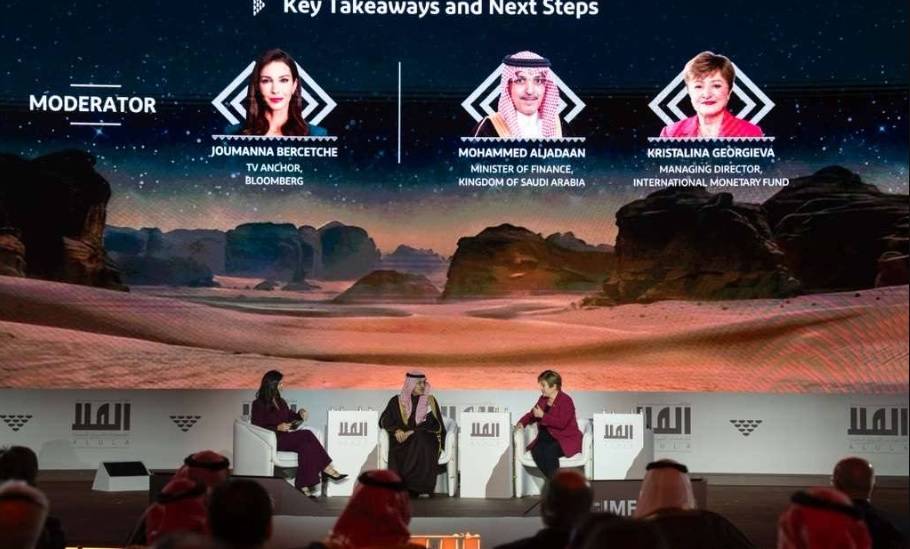Emirati, Bahraini and Israeli officials in the energy sector discussed investment opportunities, as well as the mechanism to strengthen and develop them.
This came during a meeting hosted by the UAE to discuss practical steps to develop a joint energy strategy that serves the entire region.
The meeting brought together UAE Energy Minister Suhail al-Mazrouei, Bahraini Energy Minister Sheikh Mohamed bin Khalifa Al Khalifa, US Secretary of the Energy Department Dan Brouillette, Israeli Energy Minister Yuval Steinitz, who attended the meeting virtually, and Director-General of Israeli Energy Ministry Ehud Adiri.
They indicated that their agreement will help attain common interests, support national economies, and contribute to achieving comprehensive development and prosperity, thus enhancing regional peace and stability.
The officials emphasized the importance of reinforcing joint efforts to address regional energy issues by developing energy resources, technologies, and related infrastructure as well as creating innovative and sustainable solutions to meet the needs of future generations, and increasing demand for energy.
The meeting followed the signing of the Abraham Accords between the UAE, Bahrain, US, and Israel last September in efforts to shape a more stable, integrated, and prosperous Middle East, reported WAM.
The conferees emphasized the importance of the Abraham Accords in opening new horizons for sustainable development and expressed their desire to further develop all fields, including the energy sector.
The officials stressed that enhancing access to reliable and affordable energy enhances stability in the Middle East and increases economic opportunities in a framework supported by the Accords.
The meeting also addressed regional energy connectivity and ways to expand partnerships in the oil, natural gas, and electricity sectors. They also touched on the manners of advancing ties to enhance economic growth and energy security.
Participants unanimously agreed that the cooperative approach to research and development, dissemination of advanced technologies, and investment in energy are important catalysts for peace and stability in the Middle East and Eastern Mediterranean regions.
The meeting reflected the keenness of all parties to leverage the advanced position of the US and Middle Eastern countries in the energy sector to promote peace and stability across the region, particularly in countries undergoing turmoil.
The conferees also affirmed commitment to building a sustainable future for the region’s people by engaging in partnerships that enhance peace and boost economic, political, and social prosperity.










